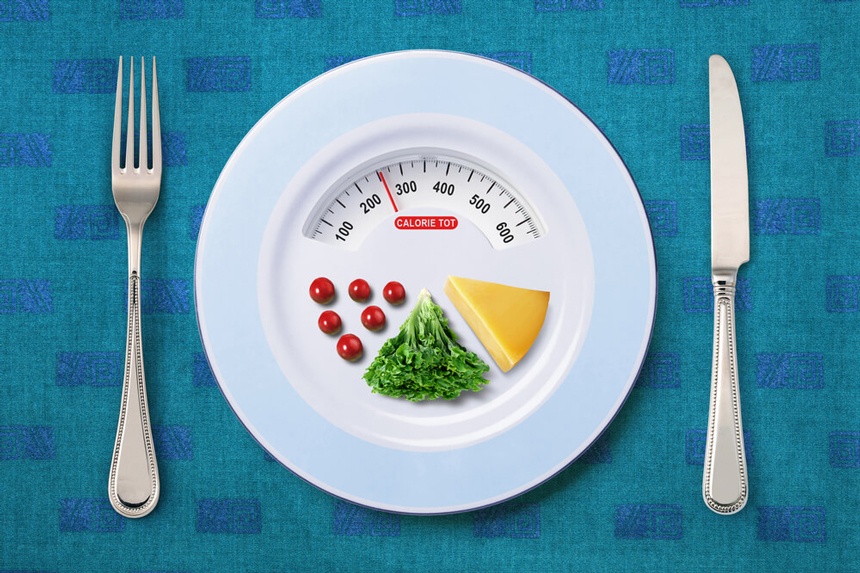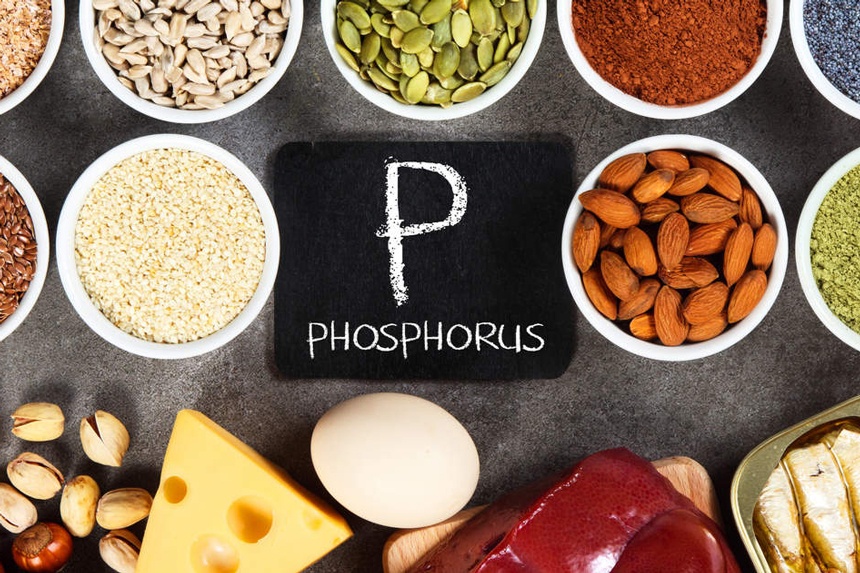Caloric Intake

Individuals with stage 3 CKD must consume the right amount of calories. Those at their ideal weight should aim to maintain it, while those underweight may need more calories. Monitoring weight regularly helps in adjusting caloric intake accordingly. A dietitian can provide a tailored plan based on one’s specific needs, considering both weight goals and nutritional requirements.
In addition to managing weight, the right caloric intake supports overall health. Calories provide the energy needed for daily activities and help manage CKD symptoms. Ensuring a balanced intake helps preserve muscle mass and prevents the accumulation of unwanted fats, which could complicate cardiovascular health. [3]
Phosphorus

Dietary phosphorus must be controlled to prevent its buildup in the blood, which can harm individuals with CKD. Limiting the intake of foods high in phosphorus, such as organ meats, whole grain breads, processed foods, and dairy products, to no more than 800 mg a day can help manage phosphorus levels. This restriction aids in maintaining a balance, preventing bone and cardiovascular issues that can arise from high phosphorus levels.
A diet low in phosphorus can also contribute to better overall health, helping to preserve kidney function and slowing the progression of CKD. Monitoring and adjusting the diet with the help of a dietitian ensures that individuals receive the right nutrients without exacerbating their condition. [4]





